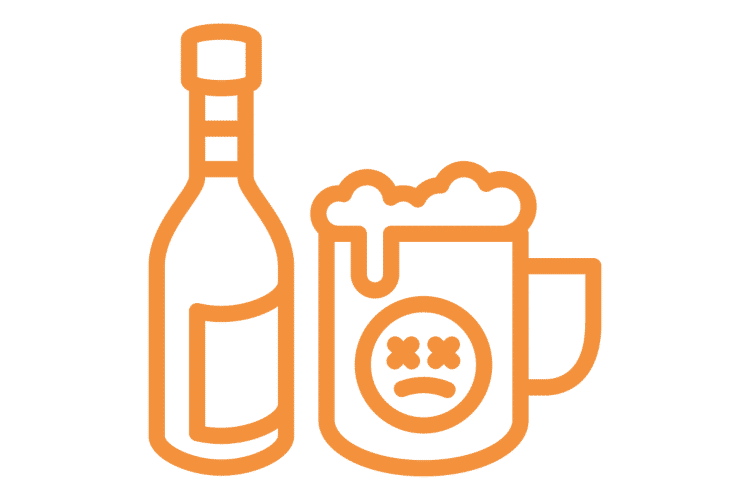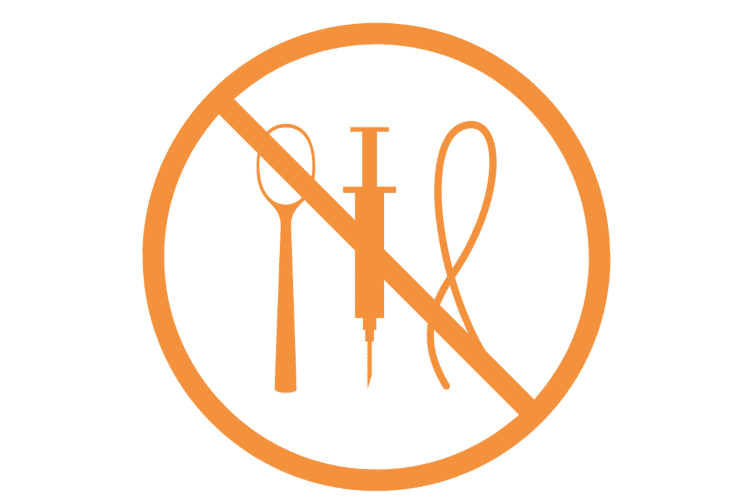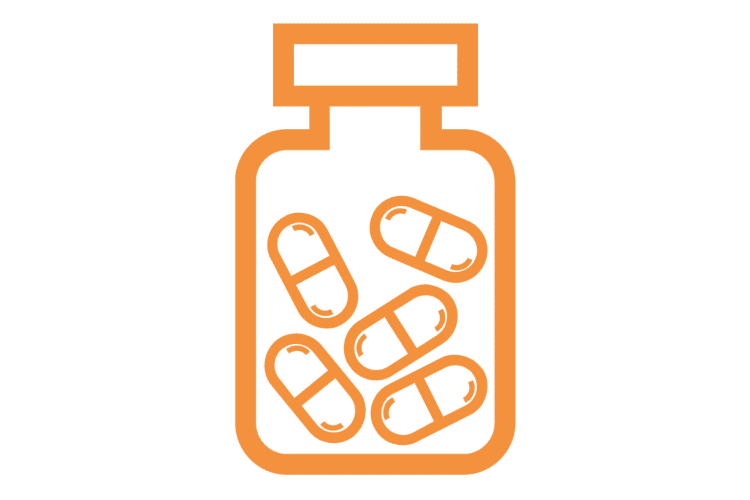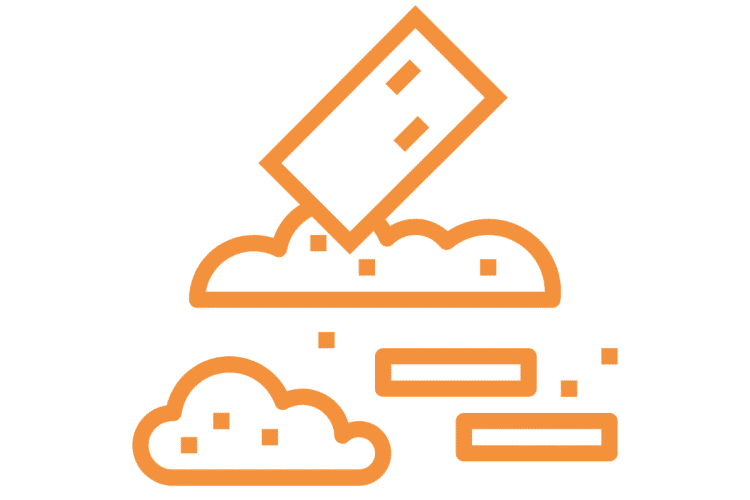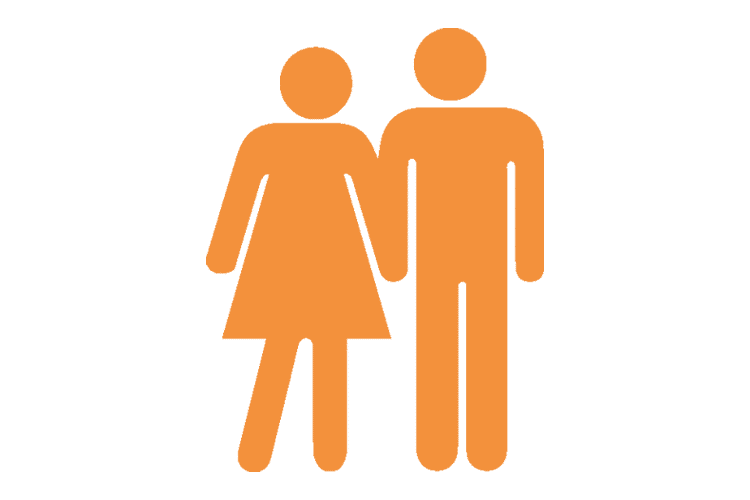Helping a Loved One with Addiction
Remember, Recovery Is Possible
Ultimately, your loved one has to choose recovery for themselves, but you can encourage them to seek the care they need and take proactive steps to support their recovery. Remember that you are not alone. Millions of families struggle with a loved one’s addiction, but there are also millions of people in long-term recovery.
Understanding Addiction
Because it is a serious medical condition, it is almost impossible for your loved one to recover independently. It is important to remember that your loved one is not “choosing” drugs over you or doing this to hurt you. Addiction is not personal. It is a disease.
Admit to Yourself that There May Be a Problem
Second, it can be difficult to accept that your loved one has a problem. You may choose to believe their excuses because you are too scared to admit your loved one is grievously ill, but that only prolongs the danger they are in.
Learn the Symptoms of Addiction
While addicts may try to hide their addiction, several red flags may indicate there is a problem:

Encourage Your Loved One to Seek Help
Your loved one may not be willing to admit they have a problem, or they might be worried that they are unable to afford treatment. They might feel embarrassed or have other objections, but they are not alone. Be supportive and assure them that there are ways to access the care they need to fight addiction.


Seek Help for Yourself.
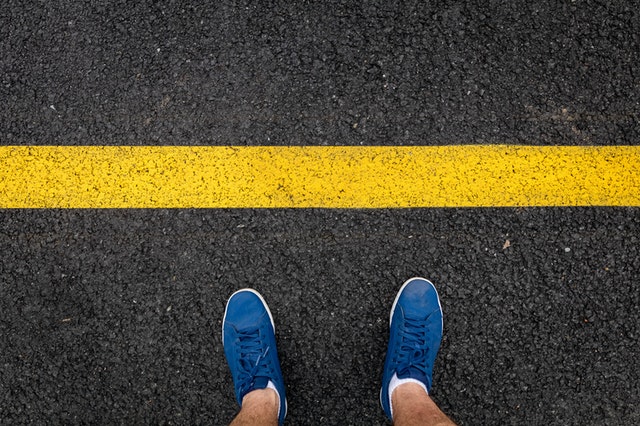
Set Boundaries

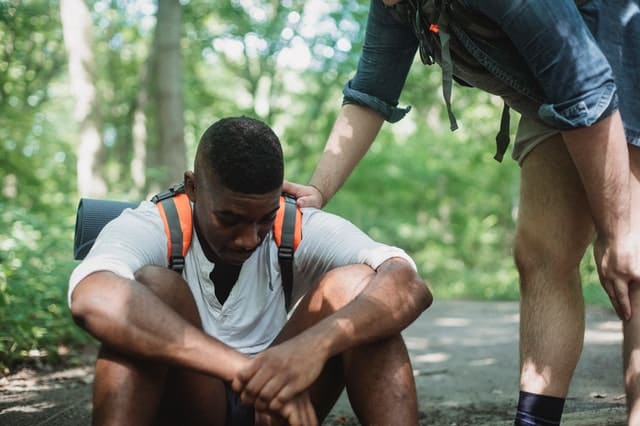
Be Supportive
Drug addiction is highly stigmatized, and many people struggle with self-esteem while struggling with addiction. It can help to have the support of a loved one who understands that addiction is a disease and believes in their ability to recover.

Take Care of Yourself

How To Help Your Loved One Find Help
Step 1: Encourage Your Loved One to Seek Help
Step 2: Learn Your Options
Step 3: Seek Help for Yourself

Why Choose Healthy Life Recovery in San Diego?
First, take a deep breath. You have come to the right place. Helping a loved one with addiction may be one of the most difficult things you will ever go through. At Healthy Life Recovery, we understand how challenging this situation is for you, and we are here to provide the compassionate care you need to help your loved one recover.

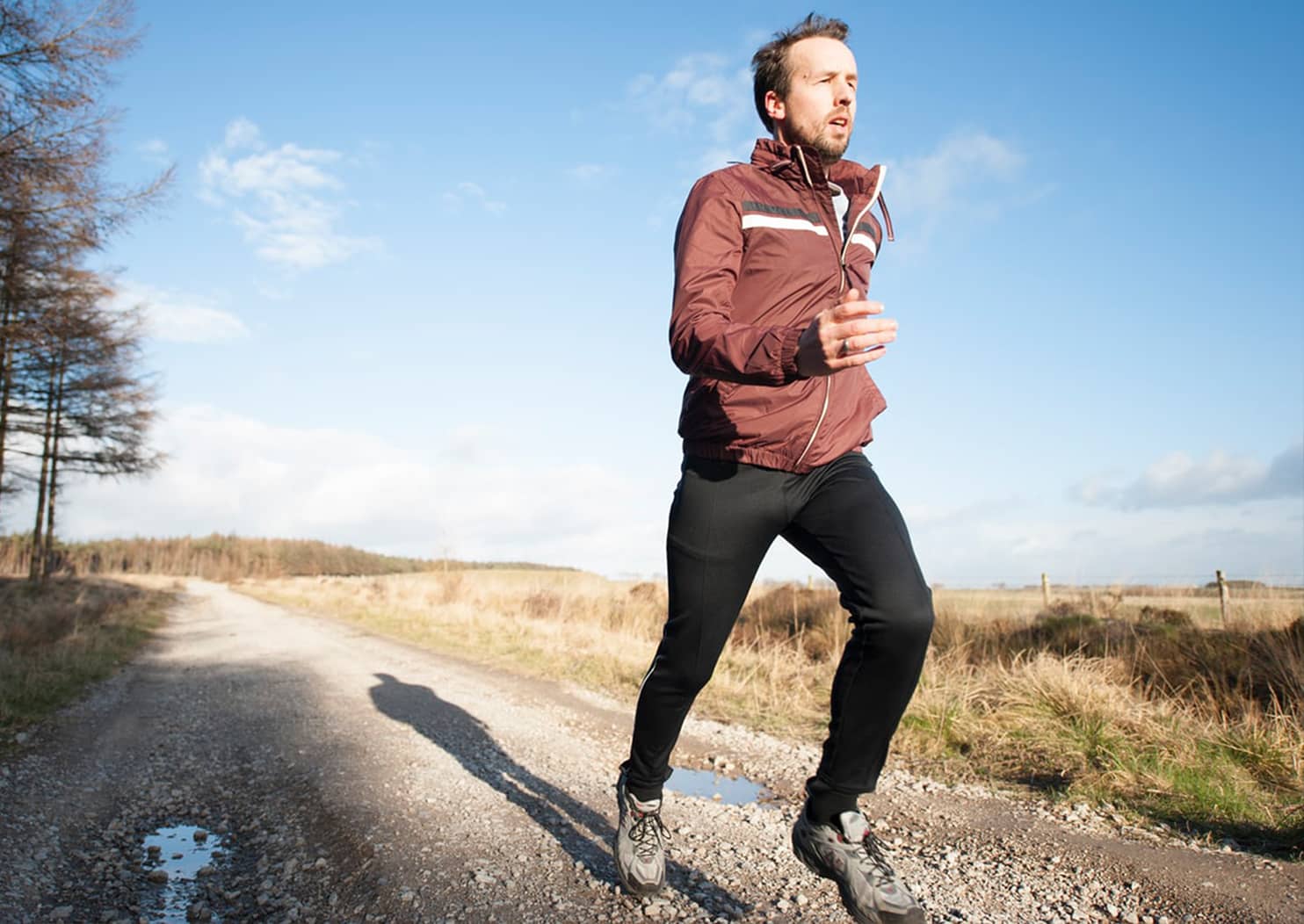
What Our Clients Are Saying
“I did not like rehab before I came to Healthy Life Recovery, but this place gave me the chance to change my life! I couldn’t be more grateful. The environment and the energy in this place are amazing, the staff is caring, open and very willing to help, and very professional. Highly recommend this place to people looking to start a new chapter in their life. Keep it up, guys!”
— Andrew C., via Google.

How Much Does Treatment for Addiction or Substance Abuse Cost?
We work with all insurance companies to help you and your loved one recover. Insurance may even cover the entire cost of care. If you don’t have insurance, we still may be able to help. Don’t ever hesitate to reach out due to concerns about cost.


Encourage Your Loved One to Seek Help
If your loved one is struggling with addiction, be supportive and remind them that recovery is possible. If you need additional information, give us a call at (858) 888-5332. We are here 24/7 to listen to your concerns with compassion.
Our Services

Medically Reviewed By:
Dr. Sanjai Thankachen
Dr. Sanjai Thankachen graduated from Adichunchanagiri Institute of Medicine in 2000. He completed his residency in psychiatry in 2008 at Creedmoor Psychiatric Center in New York. Dr. Thankachen is currently working with Pacific Neuropsychiatric Specialists in an outpatient practice, as well as working at multiple in-patient psychiatric and medical units bringing his patients the most advanced healthcare treatment in psychiatry. Dr. Thankachen sees patients with an array of disorders, including depression, bipolar illness, schizophrenia, anxiety, and dementia-related problems.

Edited for Clinical Accuracy By:
Sean Leonard, Psychiatric Nurse Practitioner
Sean Leonard is a board-certified psychiatric nurse practitioner. He received his master’s degree in adult geriatric primary care nurse practitioner from Walden University and a second postmaster specialty in psychiatry mental health nurse practitioner from Rocky Mountain University. Sean has experience working in various diverse settings, including an outpatient clinic, inpatient detox and rehab, psychiatric emergency, and dual diagnosis programs. His specialty areas include substance abuse, depression, anxiety, mood disorders, PTSD, ADHD, and OCD.



and more...

